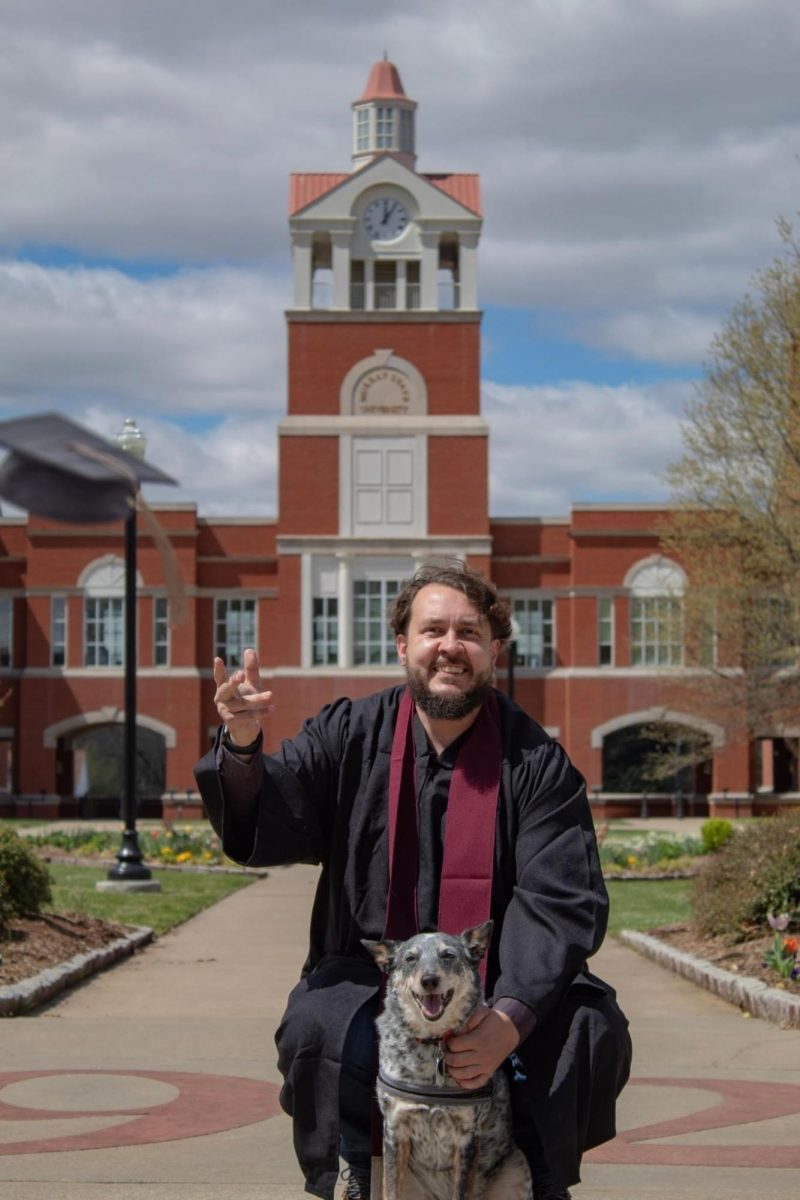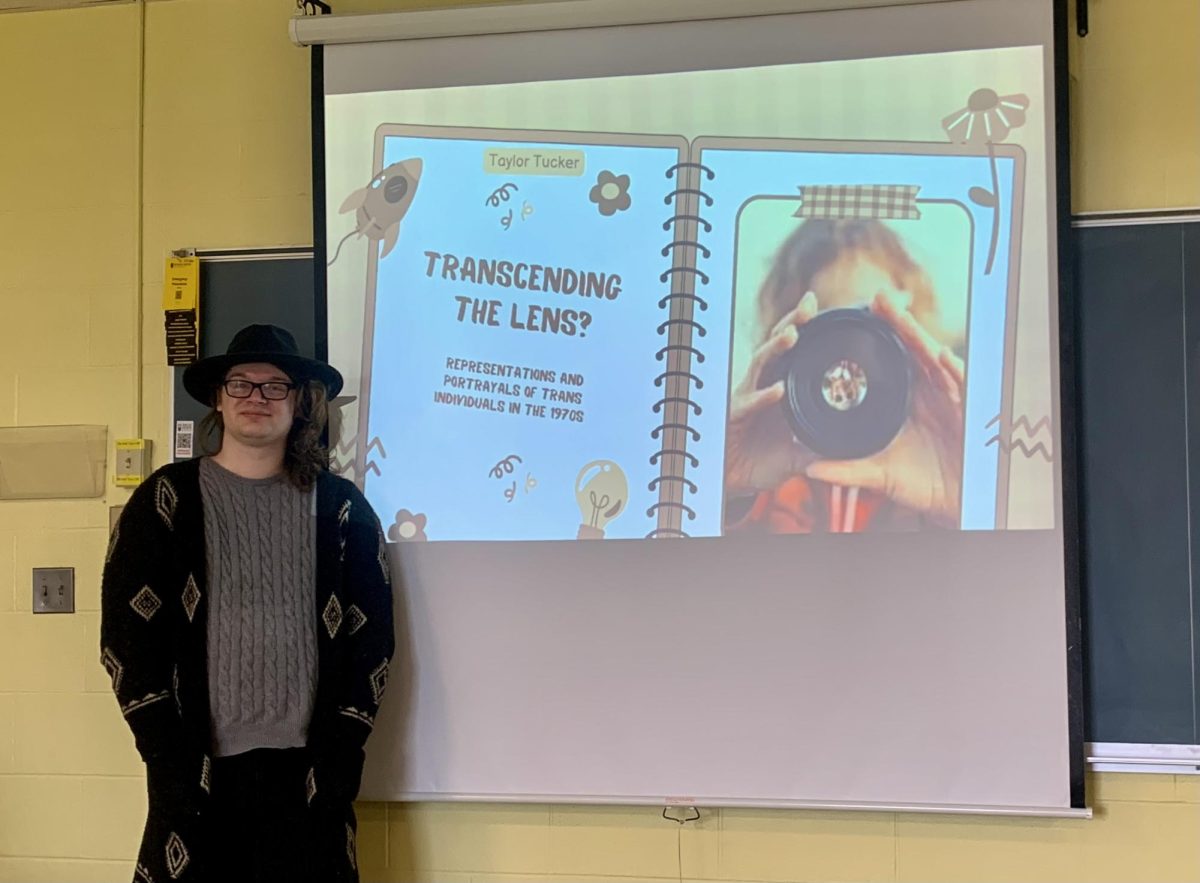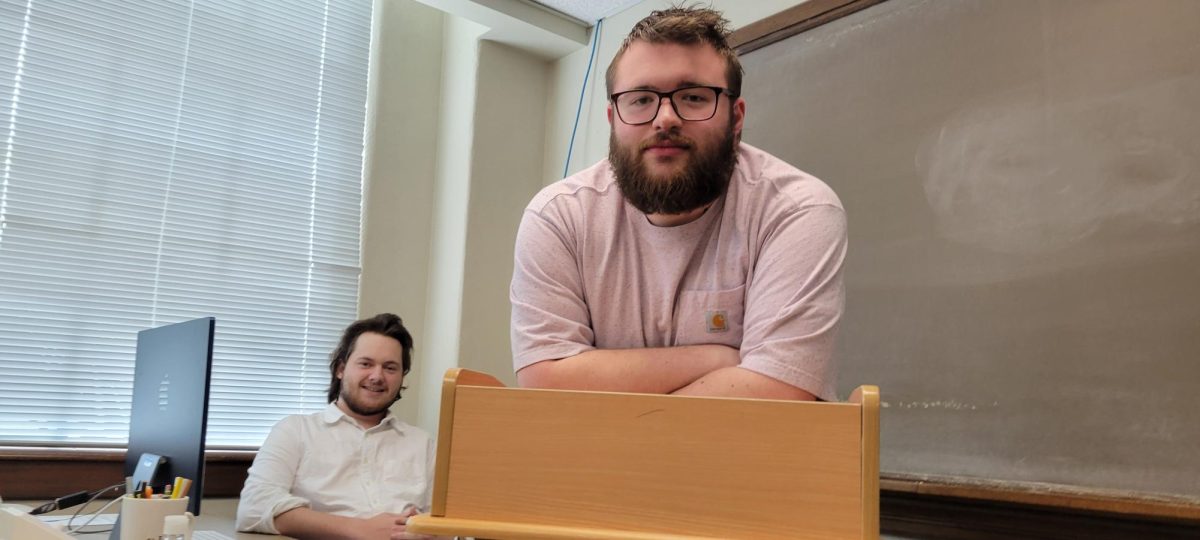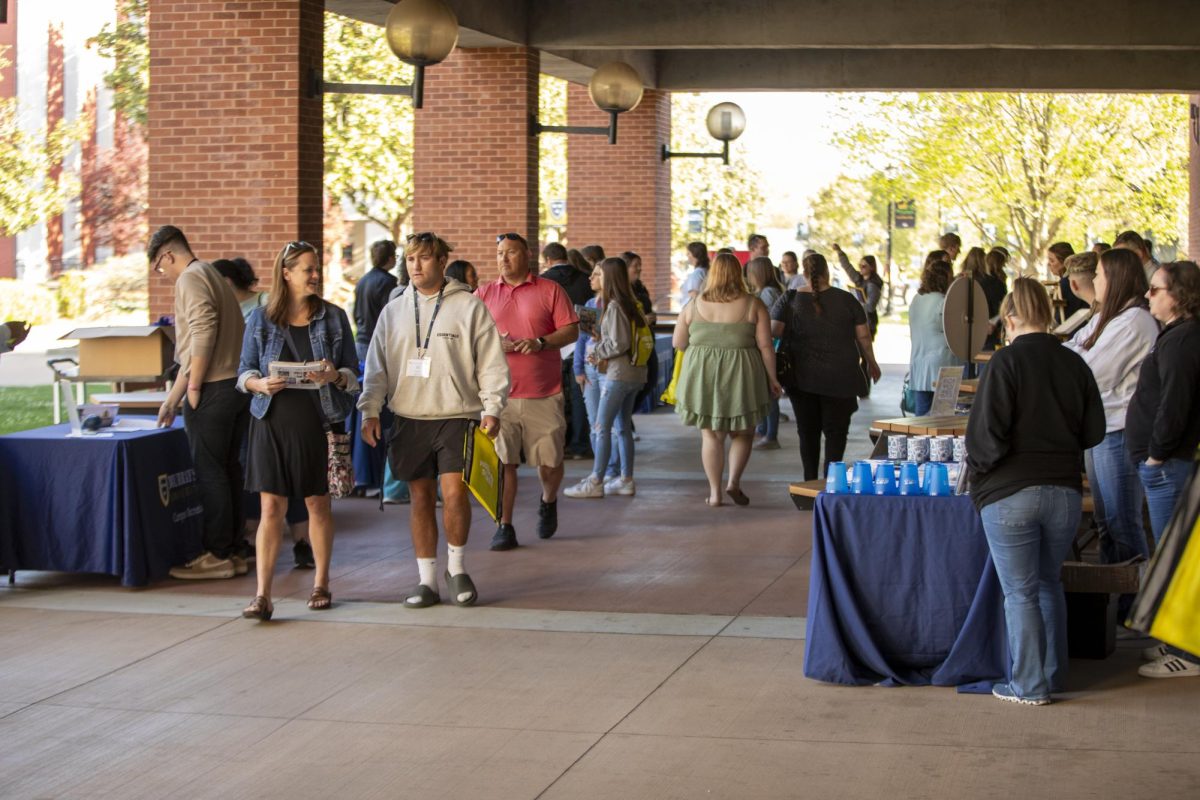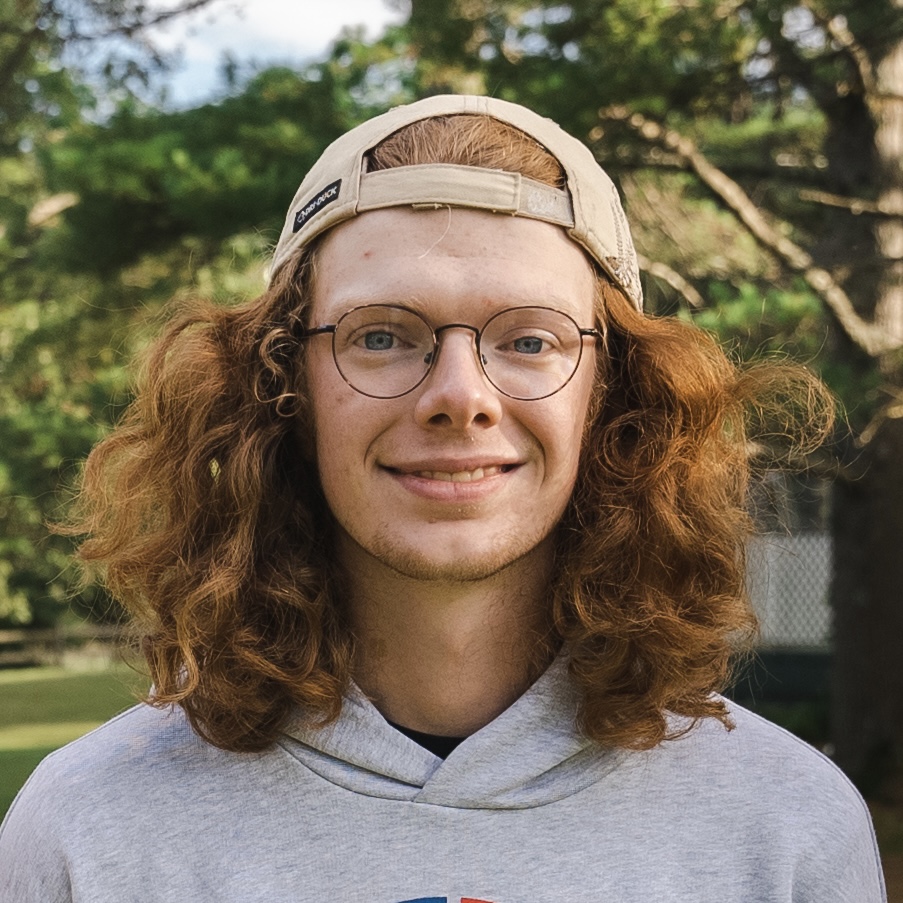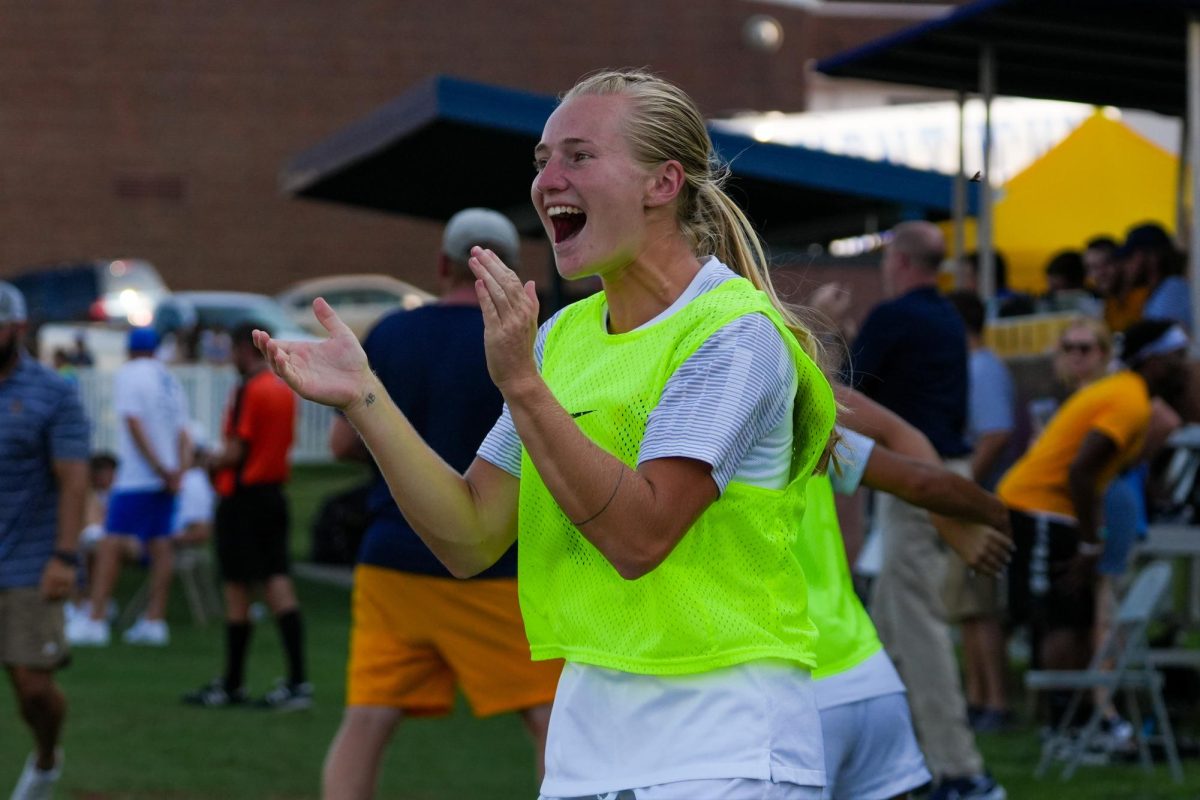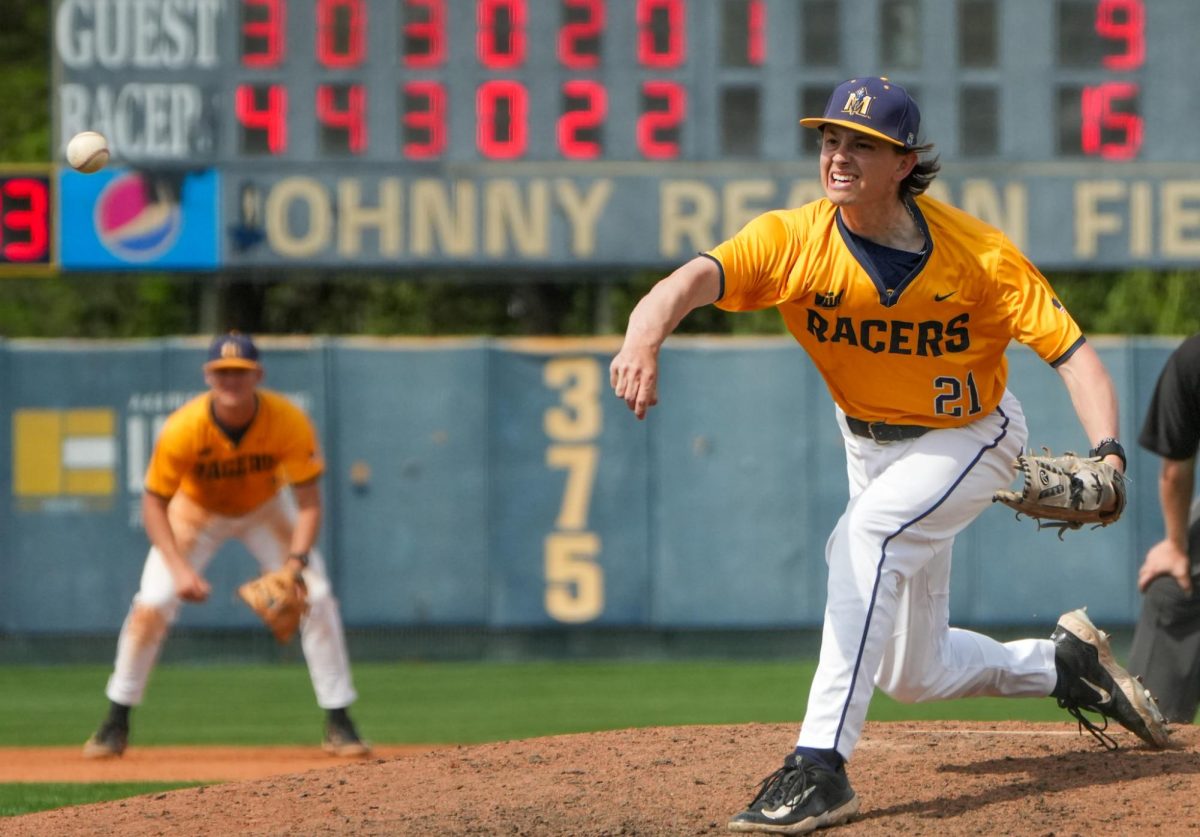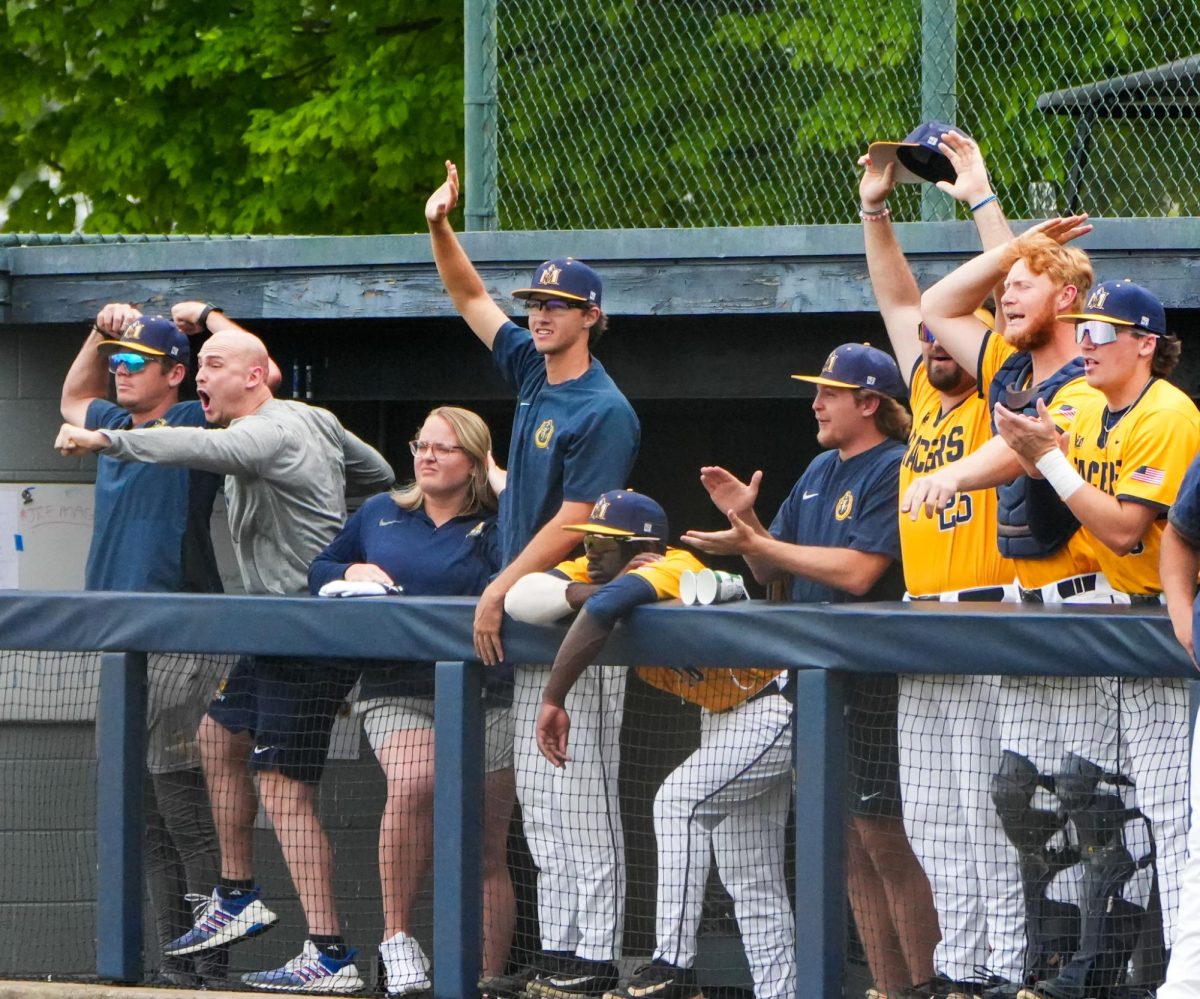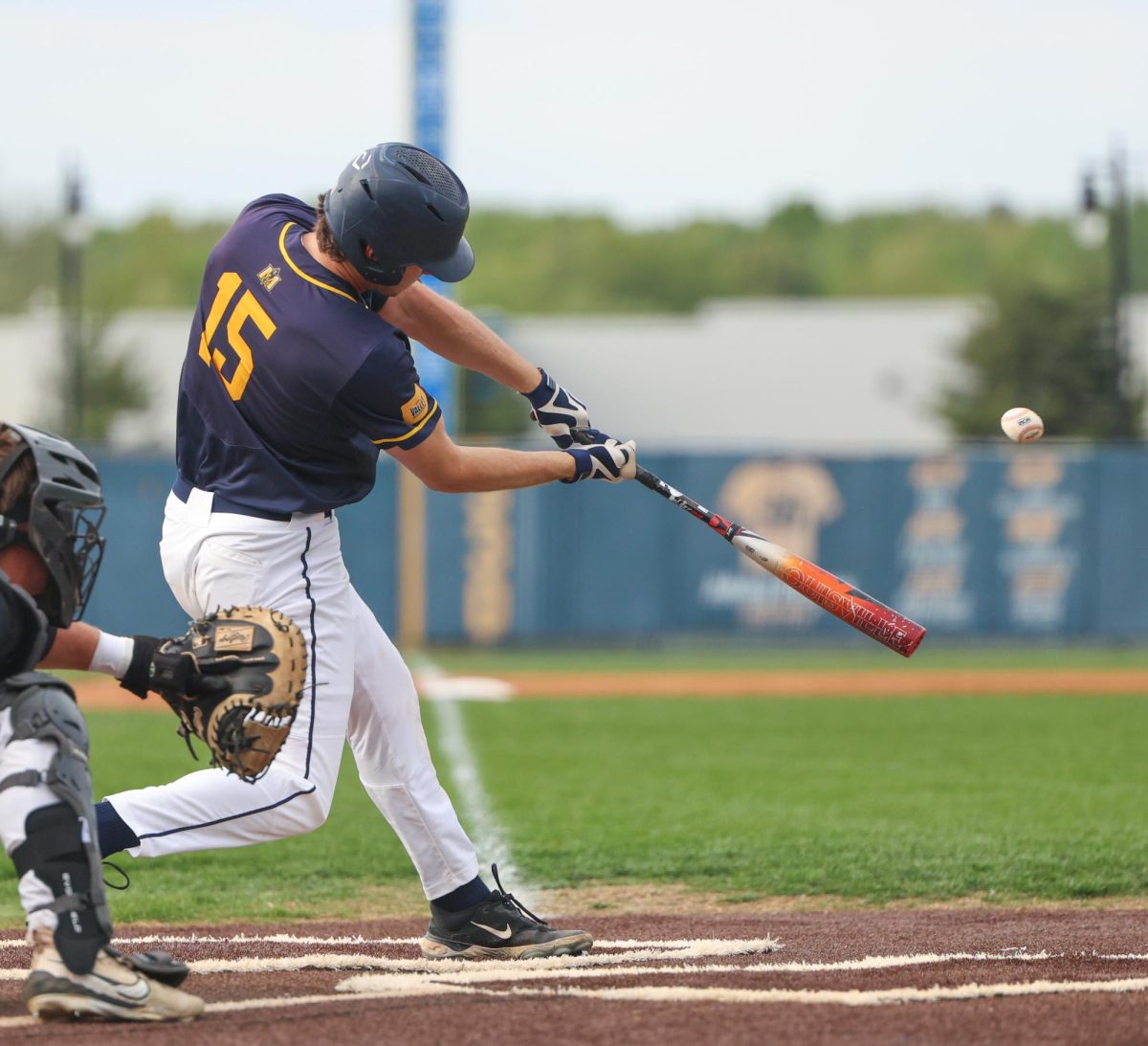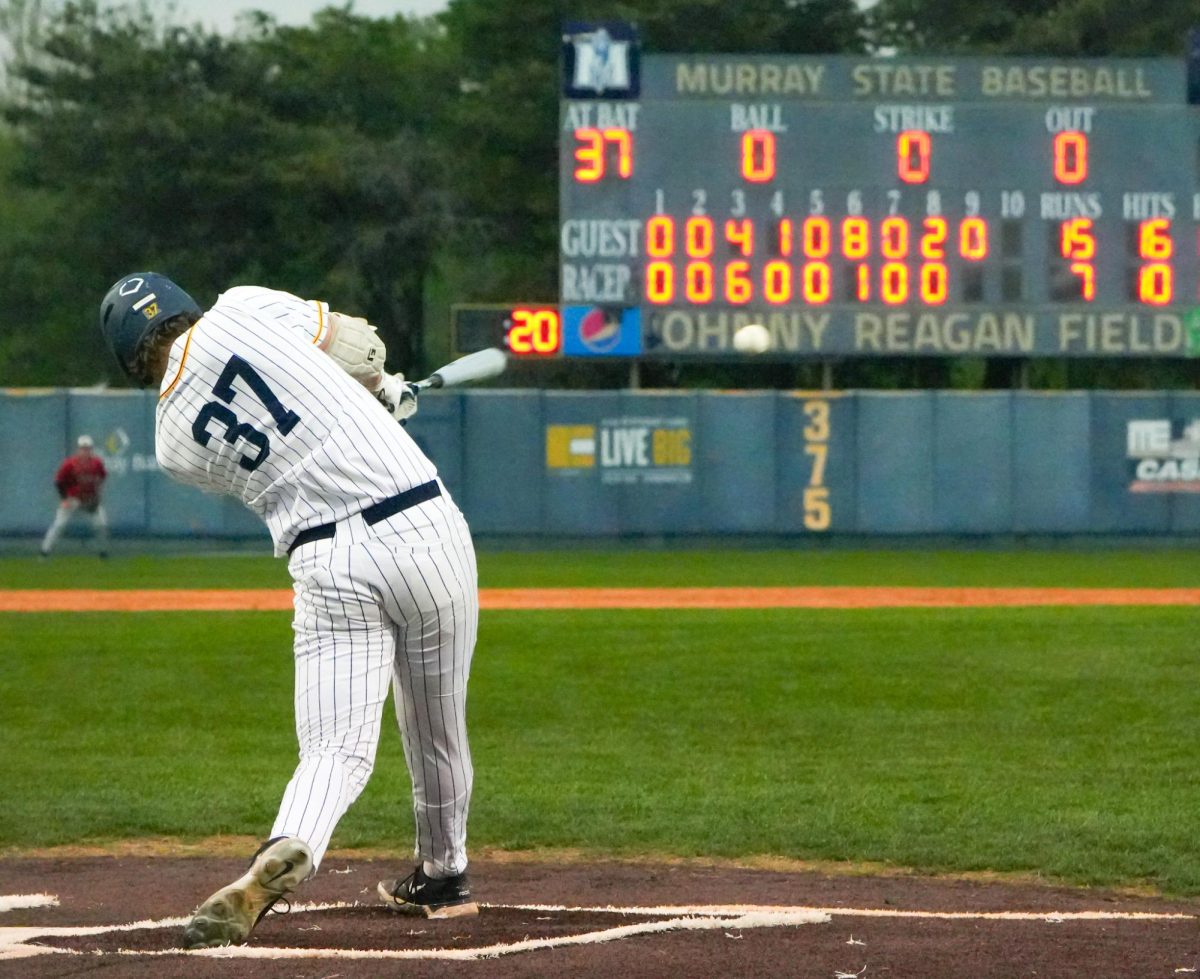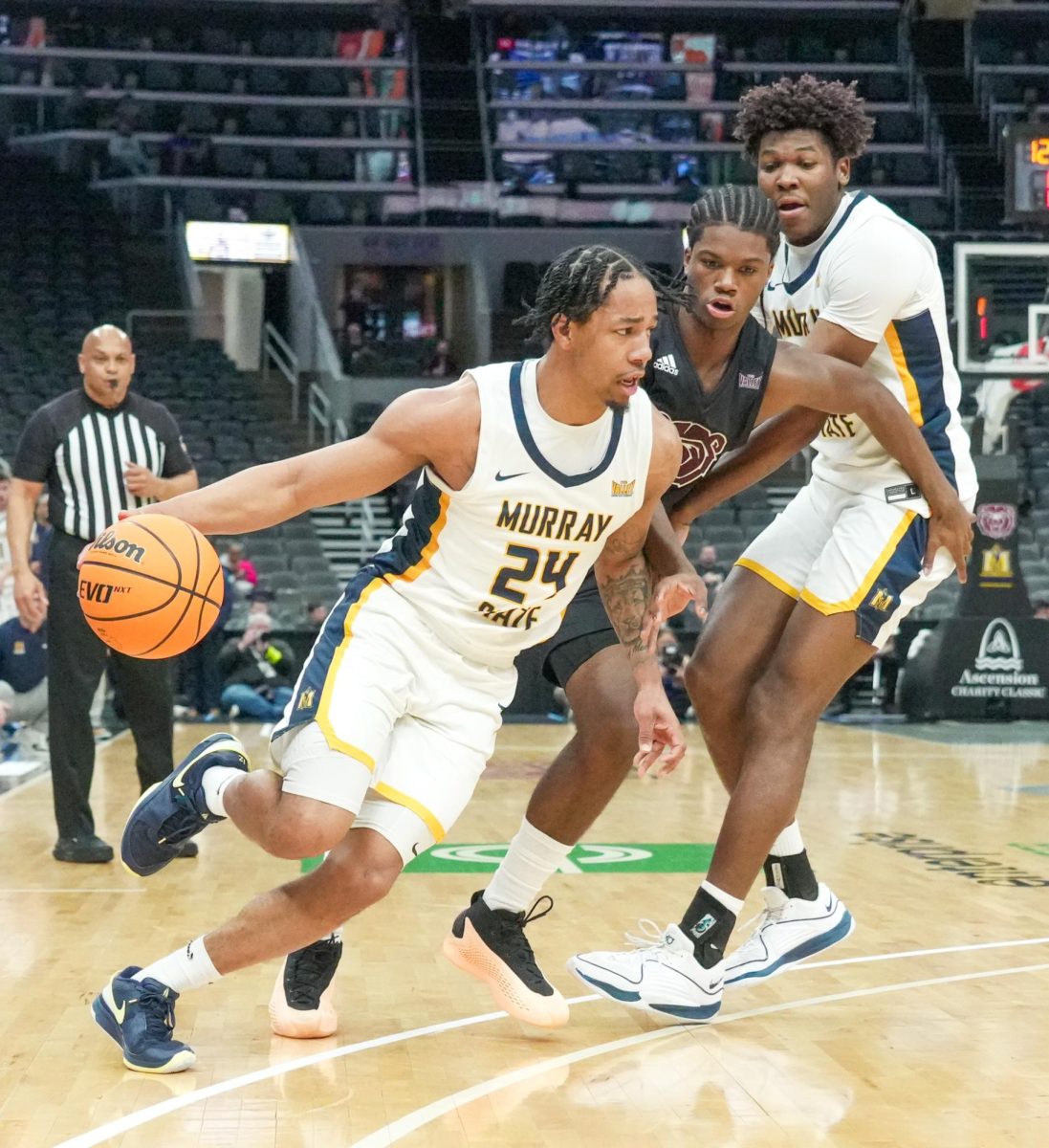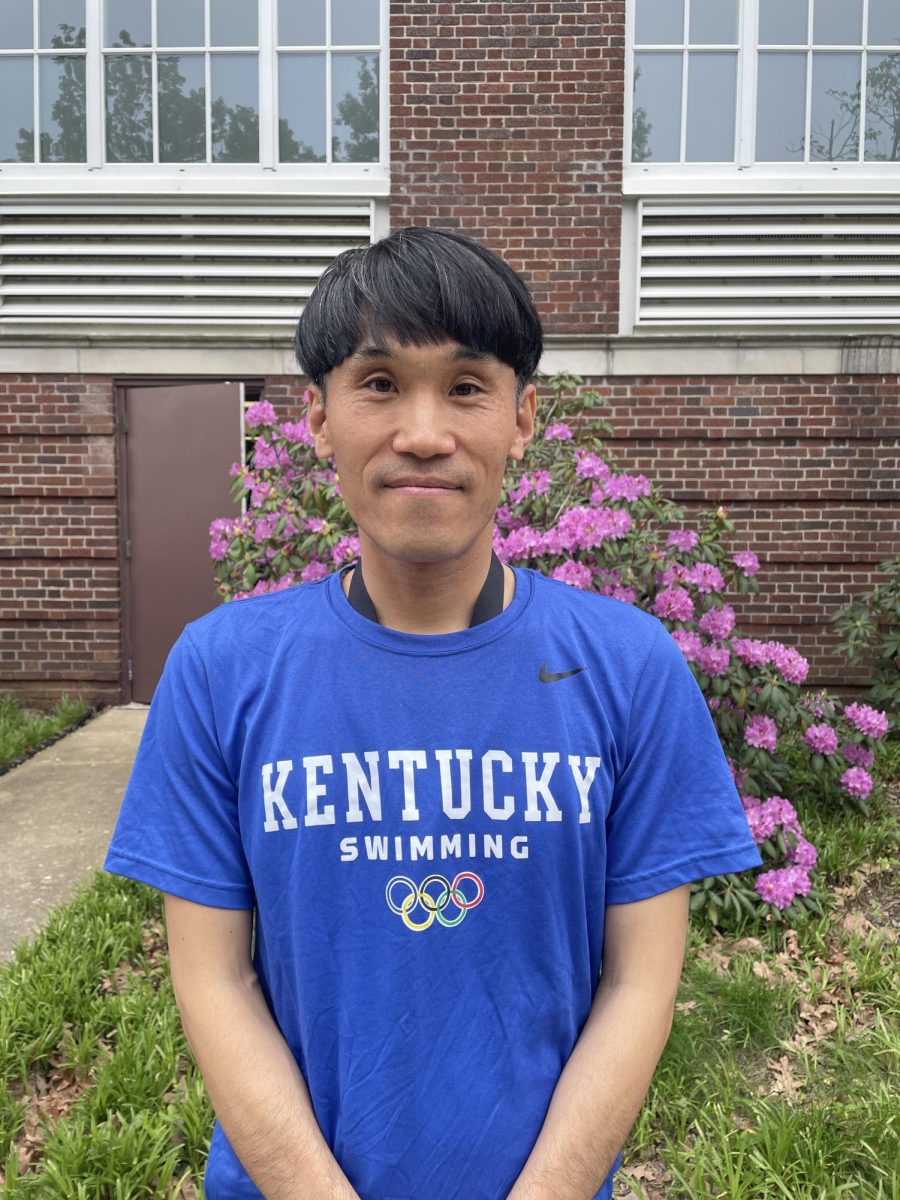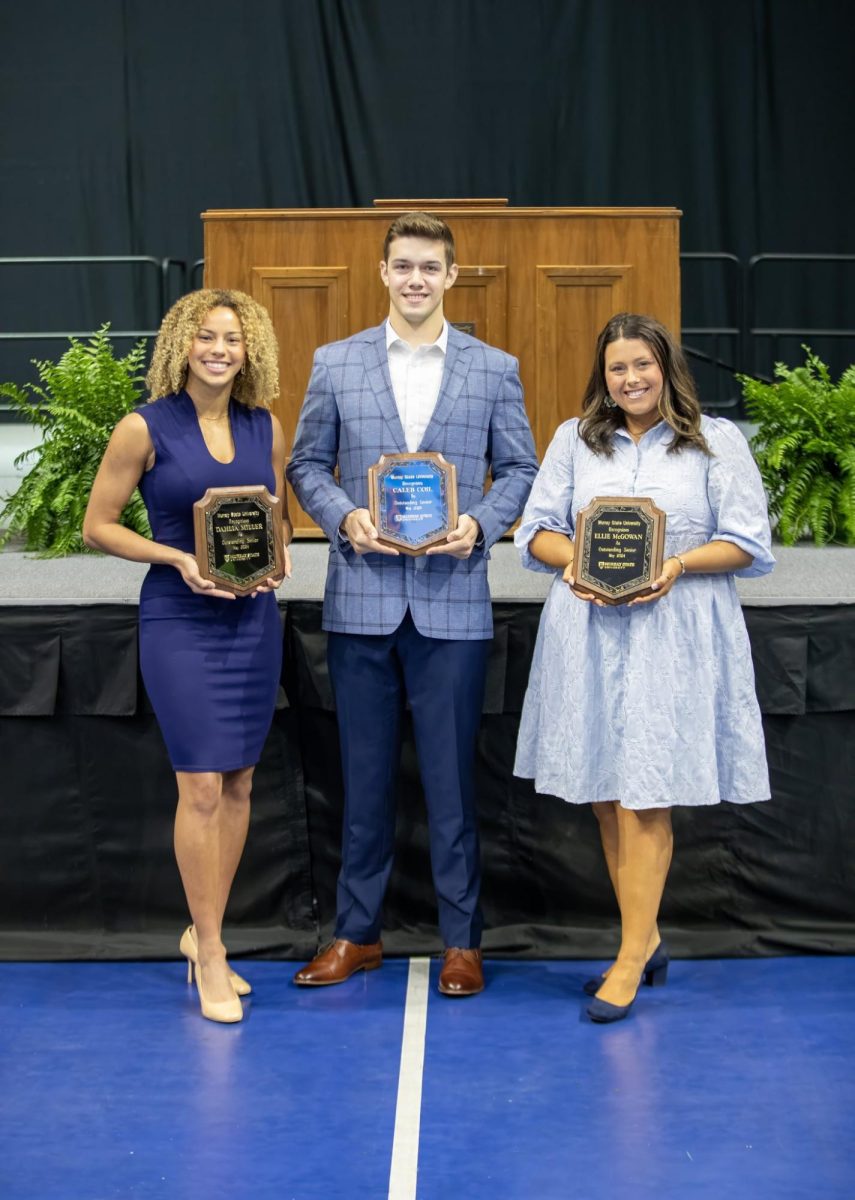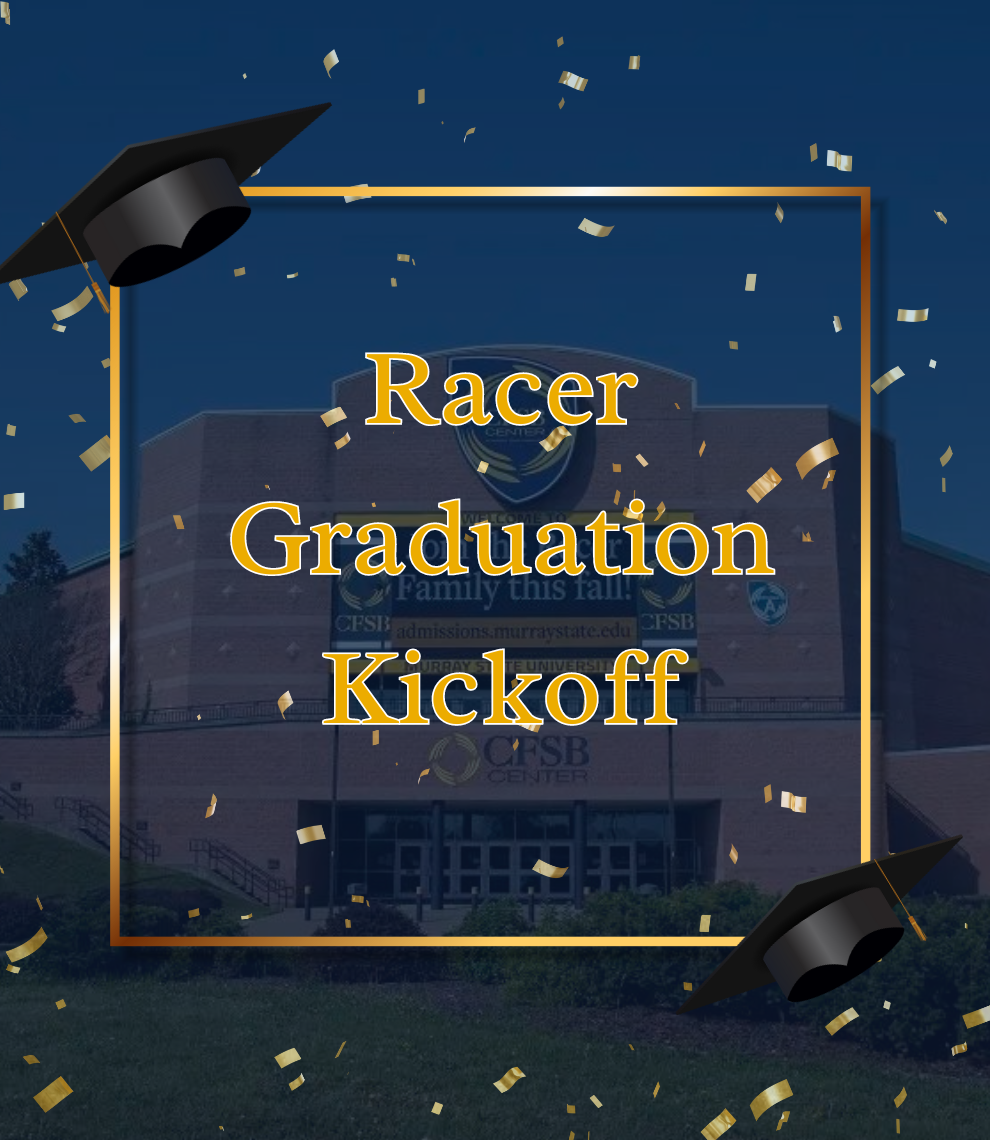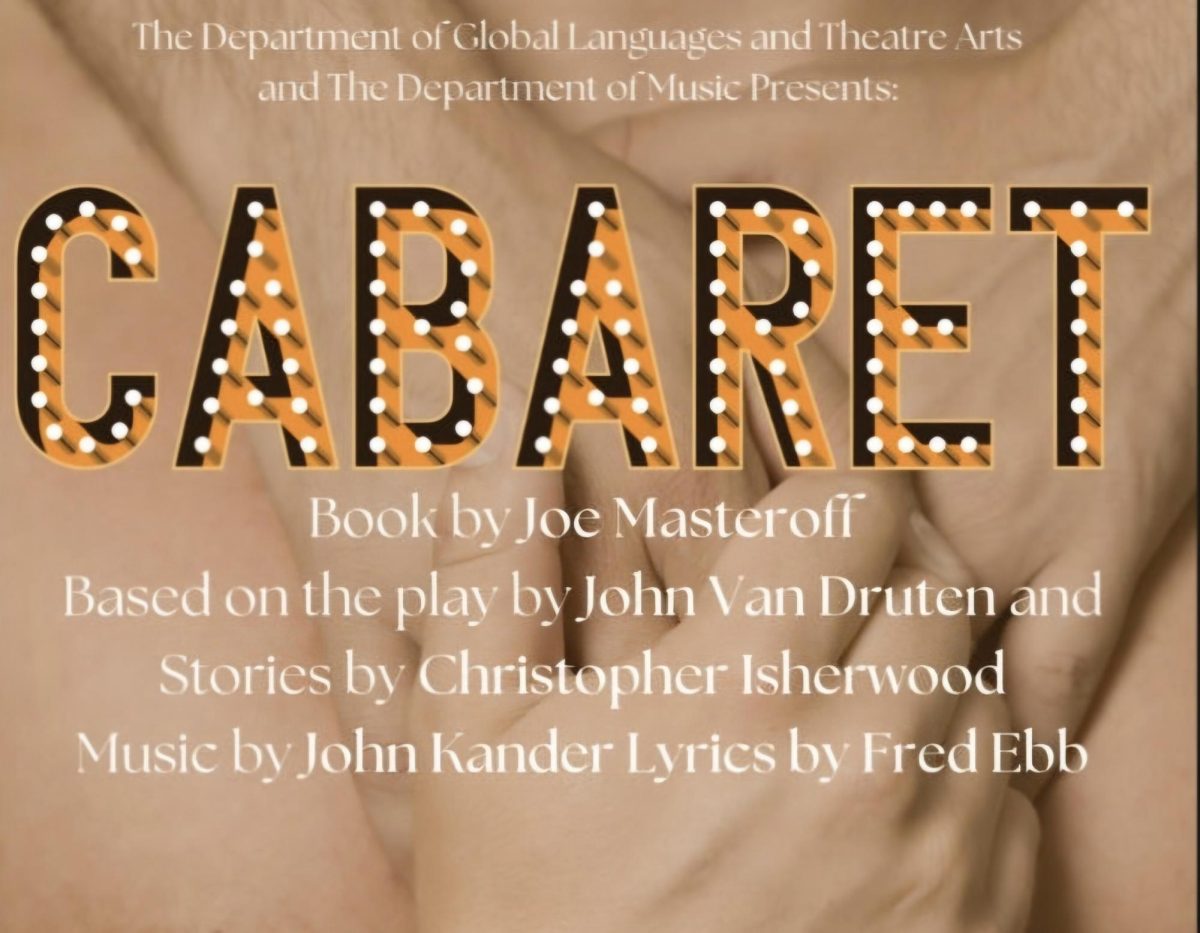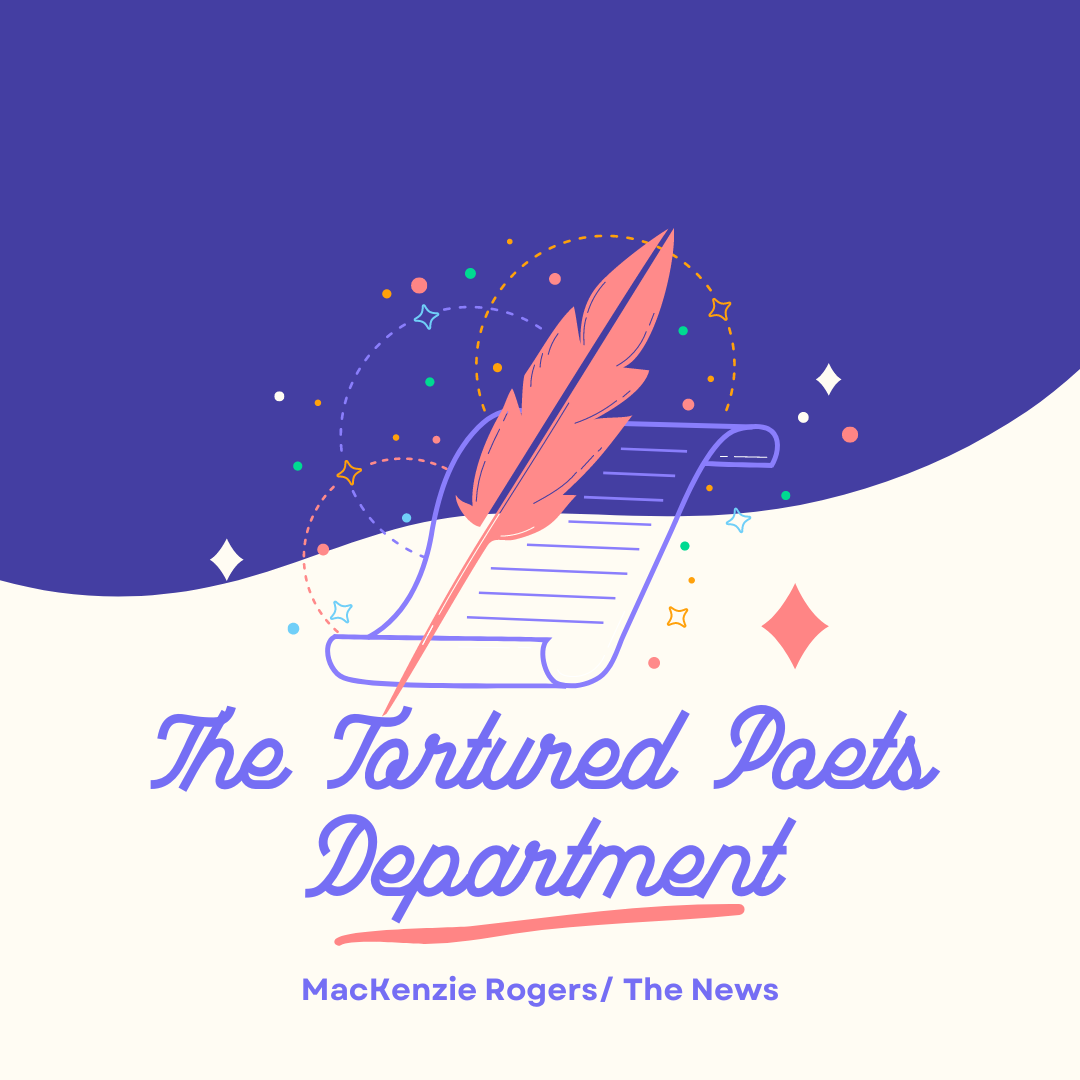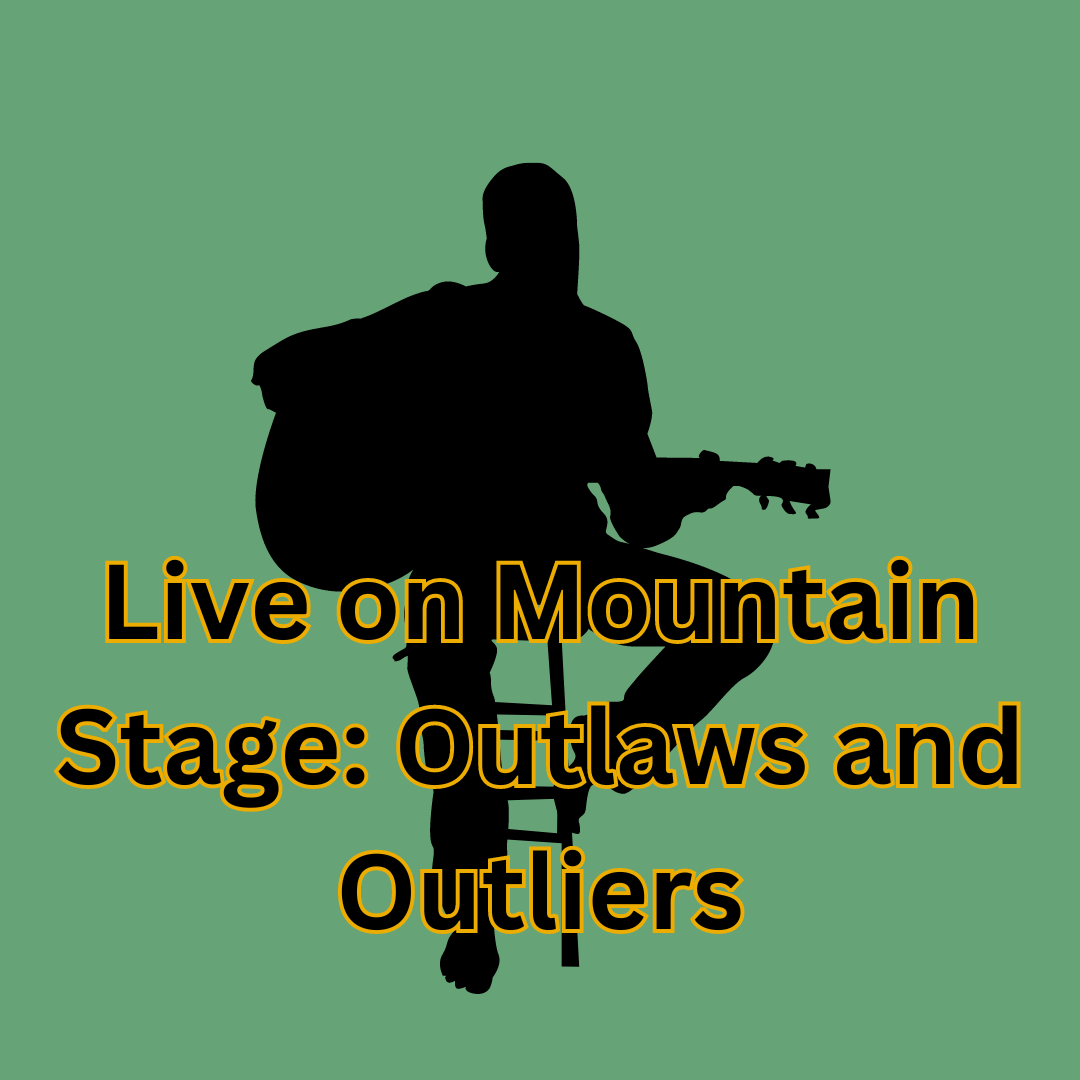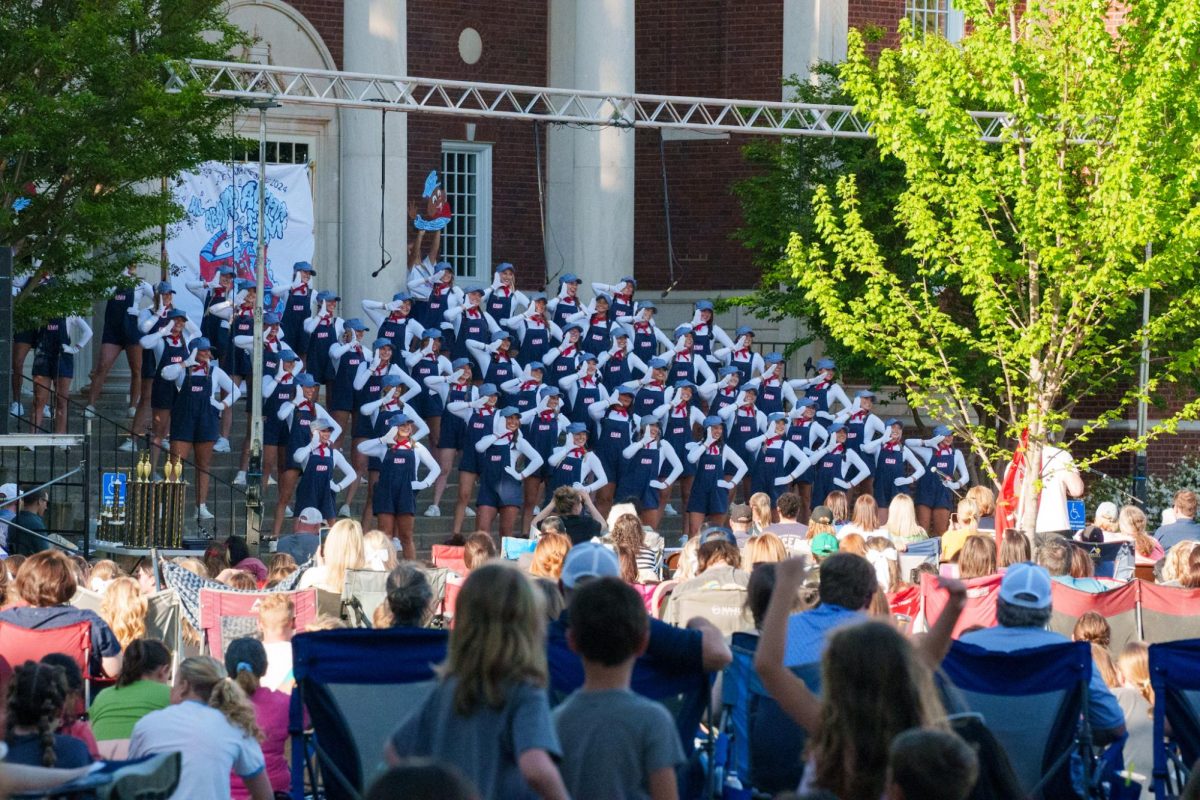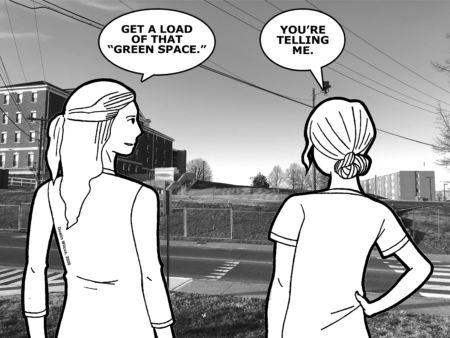I have an opportunity in my HIS 099 freshman transitions class and in my HIS 361 teaching history class to talk with my students about how they envision their lives after graduating from Murray State. That might seem odd for a class full of first-year students or for a class full of prospective teachers, to talk about life after college, but it must be important for students to consider seriously during their college years how they plan to spend the rest of their lives.
In the 1920s, H. V. Morton perfected the art of travel writing. Jan Morris, an admirer and present-day travel writer, described Morton as “the much-loved master of the genre, often imitated but never matched.” Morton produced books like “In Search of London,” “A Traveler in Spain,” “In the Steps of the Master,” “A Traveler in Italy” and my favorite, “In Search of England.” I have a friend who reads “Morton’s A Traveler in Rome” non-stop. No; I mean non-stop! When he finishes the book, he turns back to page one and begins again. I don’t know how many times he has read the book. It’s now beyond counting.
That brings me to the point of this column. Morton knew much about an idea that is usually reserved for religious folk, for ministers or priests or shamans. I am referring to the idea of “calling.” H. V. Morton demonstrated through his life and work that one can be called to a vocation without donning religious garb. If anyone was called to write sophisticated, eloquent travelogues, it was Morton.
In his travels through England, Morton met up with a man on a country lane carrying, conspicuously, a wooden bowl. “Well,” the man called out holding up the bowl. “What do you think of that?” Morton did not know how to respond, although he didn’t fail to notice that the “bowl had a marvelous grain,” and an unusually “fine smooth finish.”
“That,” the man said, “is the work of the last bowl-turner in England. He lives over the hill at Bucklebury. A most interesting survival. Quite remarkable. You ought to look at his workshop, for you will never see another one like it!”
“Before people used pewter for plates and tankards,” he explained, “wooden trenchers, drinking cups, and bowls … were used by everyone.”
“Well, in Elizabethan times pewter came in fashion and wooden things were used only by poorer people. Then came china and glass.” Now, there was only one maker of wooden bowls left, and Morton was encouraged to meet him. He did as he was told. And when he found his way to the bowl-turner’s workshop and peered inside, Morton wrote that “to say that eight hundred years seemed to have stopped at the door conveys nothing. The room was an Anglo-Saxon workshop!” After the craftsman demonstrated his art, Morton could not help but tell him: “You could make a lot of money if you wanted to.”
“Money?” [the artist] said with a slow faun-like smile. “Money’s only storing up trouble, I think. I like making bowls better than I like making money.”Astonished, Morton asked him, “Will you say that again?”
“He leaned against the door of the hut, his homely brown face shaded by his green floppy hat, and said it again, slightly puzzled.”
“I like making bowls better than I like making money.”
“But you will have guessed that I wished to hear for the second time the voice of a craftsman,” Morton concluded, “the lover of his job, the proud creator of beautiful, common things; a voice that is now smothered by the scream of machines.”
H. V. Morton had experienced the art of an artist who, unable and unwilling to do anything else, lived out his calling as the “last bowl-turner in England.”
That is my wish for you, too, that during your time at Murray State you will discover a calling, work that you simply cannot live without.
Column by Duane Bolin, professor of history.


